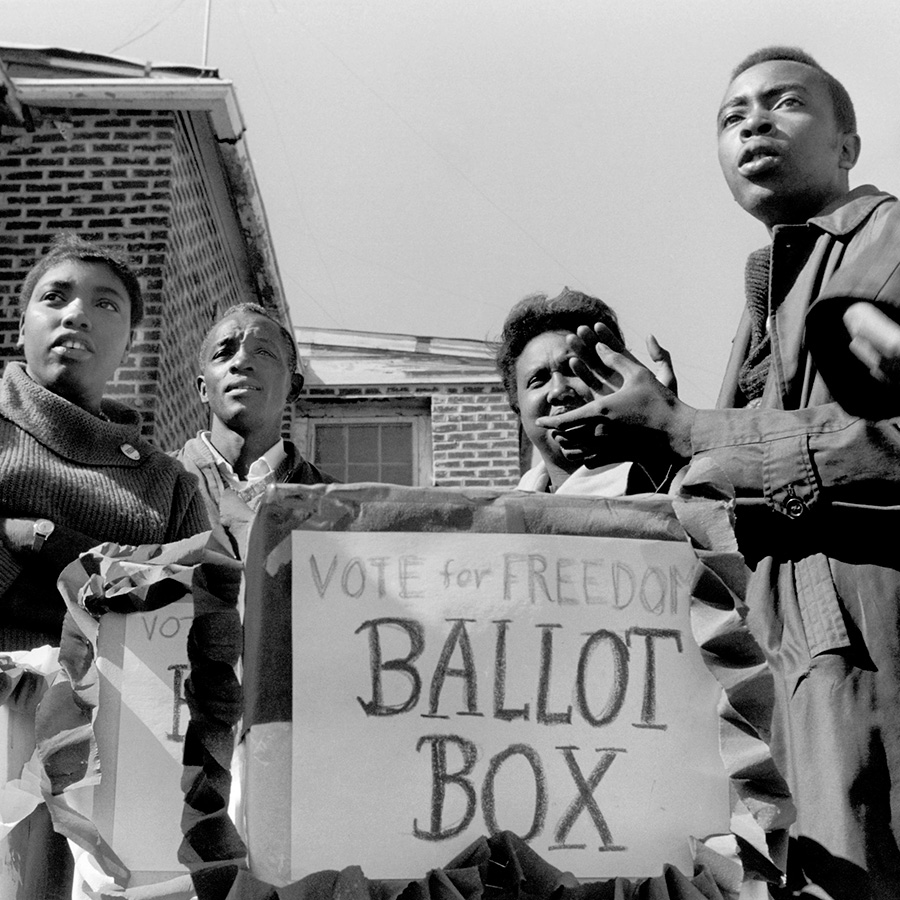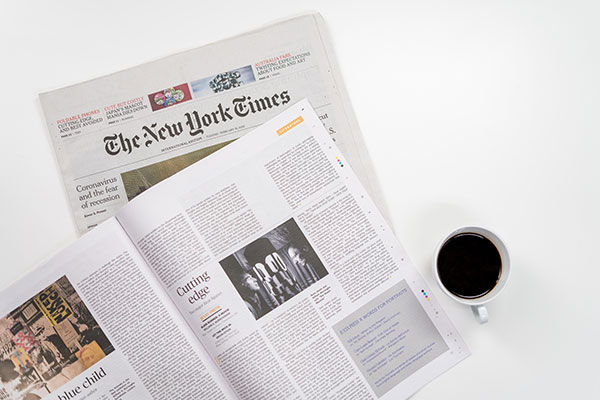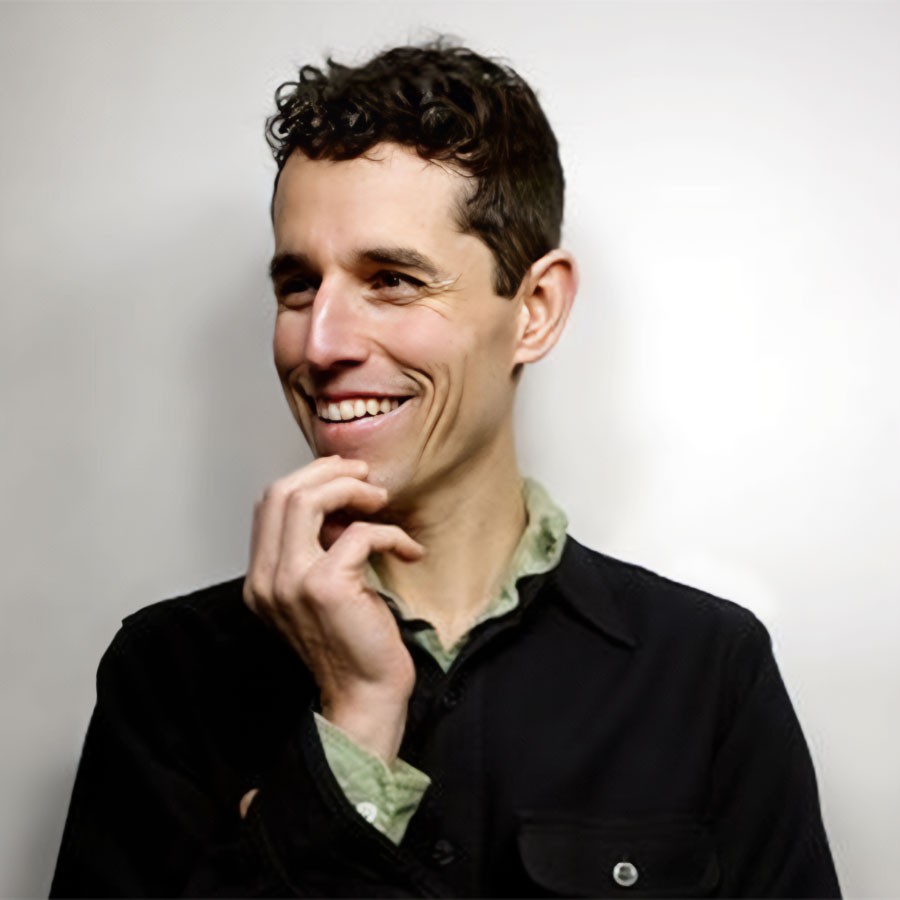

Rhetoric, Writing & Public Discourse
Make your words matter.
The Rhetoric, Writing & Public Discourse major at Whitman College will sharpen your communication and critical thinking skills and give you tools for social change. You’ll learn to make persuasive arguments, speak confidently in public and understand power dynamics. These communication skills will enhance your Whitman coursework and open up real-world opportunities, such as internships and careers in activism, politics, communications, social media and more.
3 Reasons to Study Rhetoric, Writing & Public Discourse at Whitman
Interested in Rhetoric, Writing & Public Discourse?
We’d love to send you information, including more on academic majors and student life at our beautiful campus in Walla Walla, Washington.
“When applying to college, I had no doubt that I would be majoring in Politics. I have always been into current events and competed in debate throughout high school. Little did I know, so much of what I love about politics and debate are encapsulated within Whitman’s Rhetoric, Writing, and Public Discourse major. The department's reputation for nurturing aspiring lawyers and its civics-centered curriculum stood out to me, as someone who craves public service.”
Student VoicesFaculty
Courses in Rhetoric, Writing & Public Discourse
See just a few of the fascinating courses you might take.

Persuasion, Propaganda and Power
We are all bombarded with hundreds of messages every day, each of which aims at getting us to take action, hold a belief or think of ourselves in a certain way. This course will give you the tools to sift through the noise and think critically about how and why you react to these messages the way you do.

Communication in Science
What is the role of persuasion in discussions of science? How do rhetorical dynamics play out amid science controversies? And how can we effectively communicate scientific information to a general audience? In this course, you’ll explore the answers to these questions through both theory and hands-on practice.

Political Campaign Communication
Examine questions of power, access and identity in politics brought by the social movements of the 1960s and 1970s, from candidate debates to political ads, stump speeches to social media. And with a focus on current elections, your coursework will feel relevant and relatable.

Rhetoric and Capitalism: Exploitation, Precarity and Social Change
In this course, you’ll study how capitalism has shaped public discourse. From conversations about campaign finance and net neutrality to ethical debates over labor practices, you’ll discover how activists of all stripes have responded to these trends.

Rhetorical Bodies
How are our bodies used as symbols? How is the body written on by social factors like gender, race, class, sexuality and disability? From ancient Greeks to modern theorists, investigate how thinkers throughout history have made sense—and use—of the human body in rhetoric.

Rhetorical Criticism
This course will teach you to critically analyze all sorts of public texts. From speeches to court opinions, films to public monuments, advertisements to political protest rhetoric, you’ll learn how acts of communication are shaped by individuals, audiences, and social and historical forces.

Amazing Experiences You Can Pursue
Practice rhetoric in the real world. Whitman Rhetoric, Writing, and Public Discourse majors have opportunities to put their communication skills into practice through community engagement internships and study abroad. Recent students have studied in Prague, Munich and Florence—and interned with organizations like the U.S. Department of Education.
Research alongside your professors. Whitman Rhetoric, Writing, and Public Discourse majors win national awards for research they’ve done with their professors. One recent major was recognized in connection with a project on public memory and Hurricane Katrina.
Sharpen your skills on and off campus. Whitman students have a great sense of community, and are active on campus and in the community. Some work for the campus newspaper, The Wire. Others are on the debate team. And still others pursue opportunities in journalism, writing or nonprofit work.
Your Questions Answered
Put simply, rhetoric is the study of how symbols (including words, images and any kind of human-produced communication) shape people’s worldviews and influence their decisions. The Rhetoric, Writing, and Public Discourse major teaches you how symbols influence how and why we think, and it encourages you to develop an ethical and thoughtful framework for interacting with the world. Practically speaking, the study of rhetoric teaches you how to write, speak and communicate in smart and effective ways.
The Rhetoric, Writing, and Public Discourse major will make you a better writer, debater, thinker and communicator. You’ll scratch your itch for civic engagement with multiple on- and off-campus opportunities, like internships with change-making organizations, research with great professors, tutoring fellow students at the Center fOr Writing and Speaking (COWS), working for the campus newspaper or volunteering in the community.
Anything you want! Since effective communication is at the heart of so many careers, a Rhetoric, Writing, and Public Discourse major will open doors. Past students have gone into the law, politics and nonprofit work. Maybe you’ll launch a career in journalism, speechwriting, advertising or activism. Whatever profession you’re pursuing, a Whitman education can prepare you to take your place in the world.





